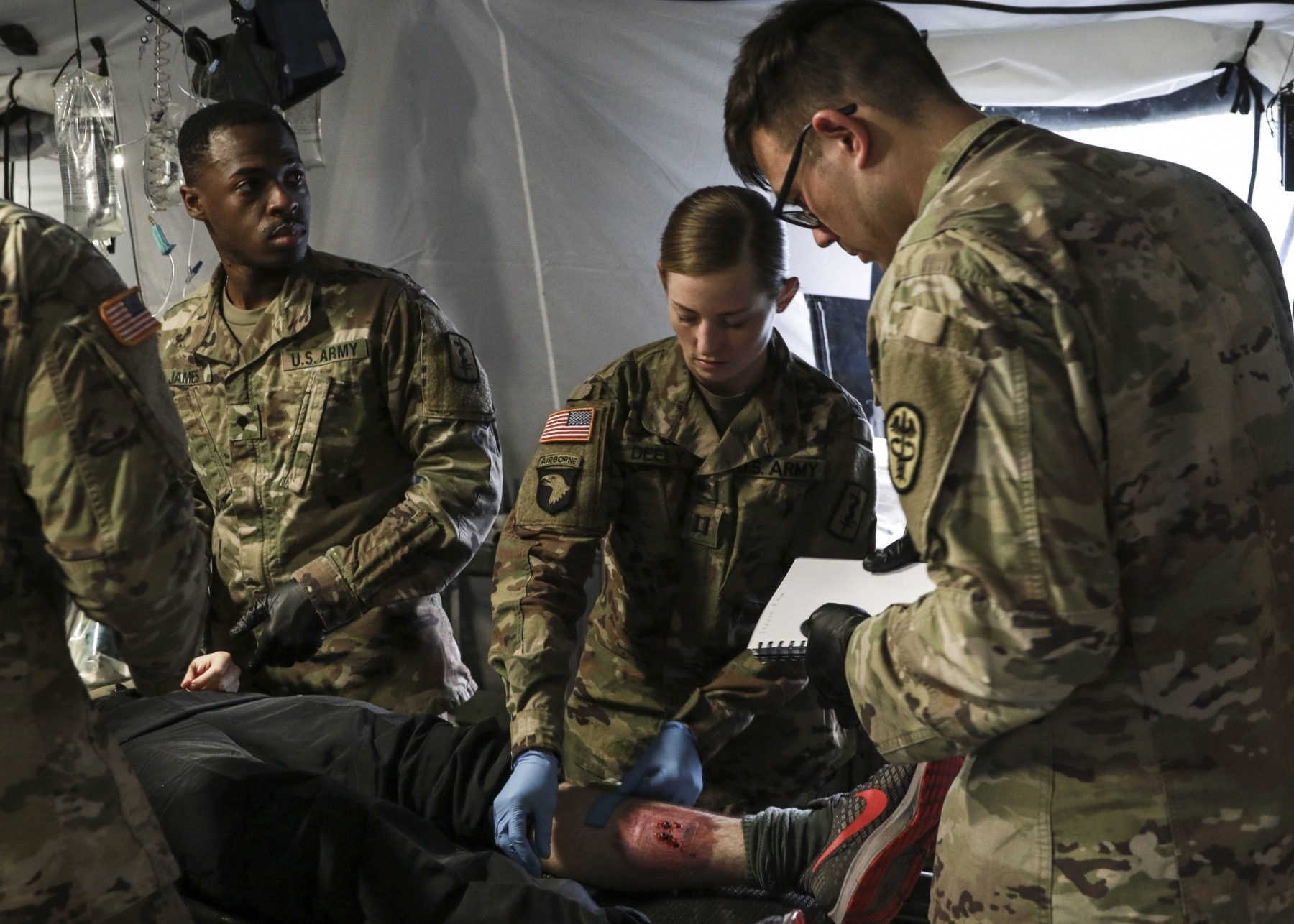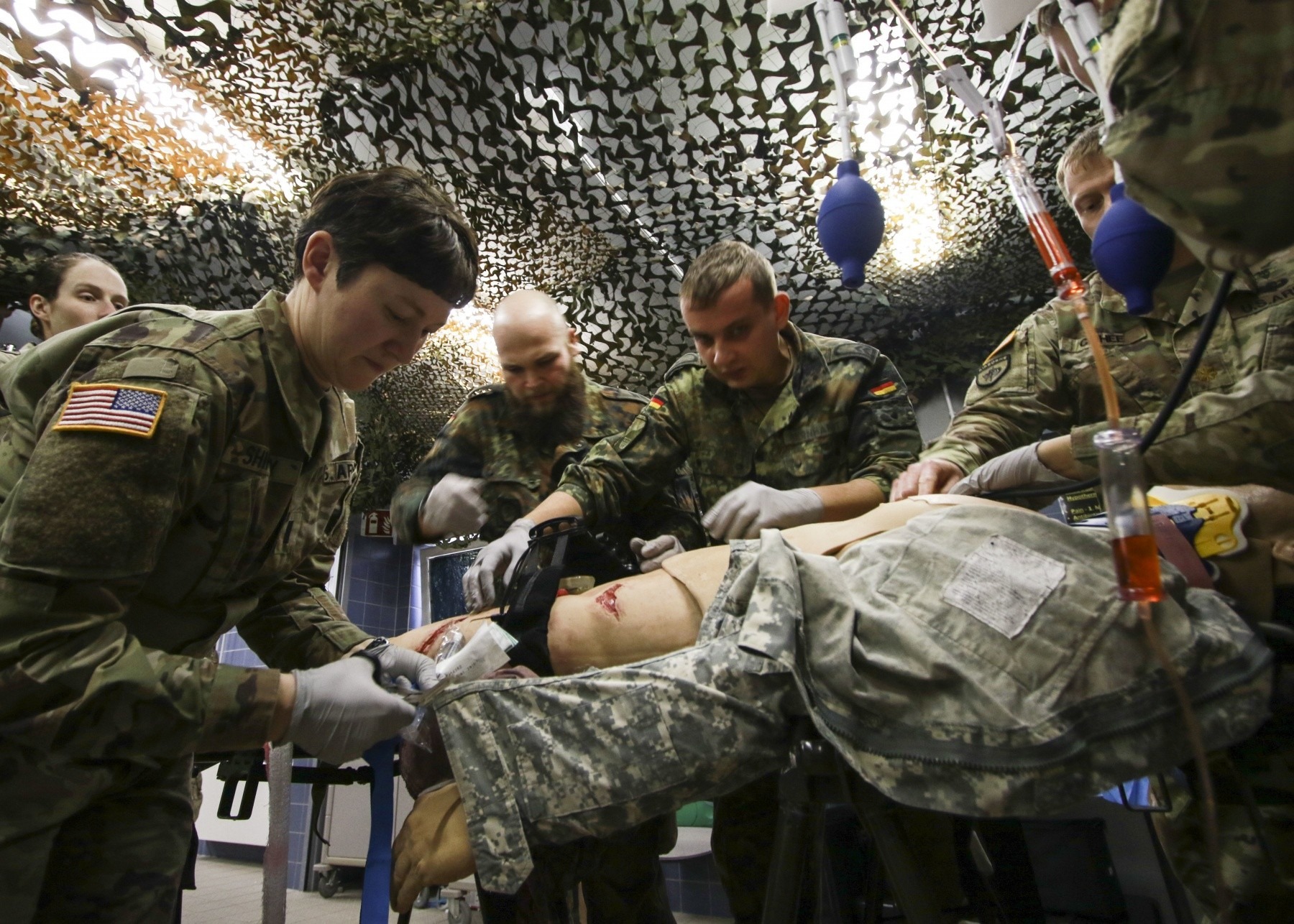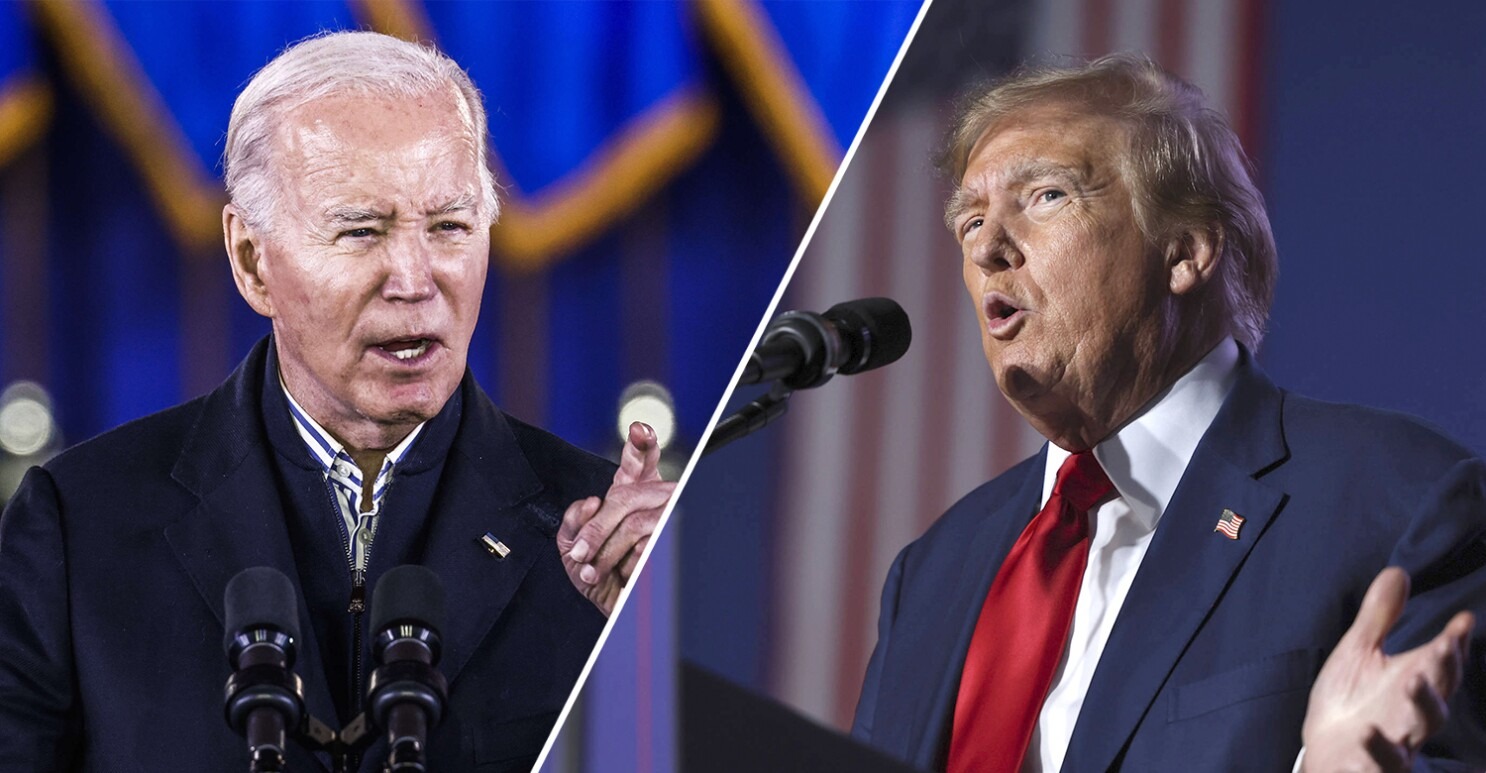A little-known healthcare program administered by the military has come under scrutiny, revealing preferential treatment provided to top U.S. officials in the Washington area.
This program, known as the executive medicine program, extends VIP treatment to White House officials, senior military personnel, retired officers, and their families, raising concerns about its impact on other patients, including active-duty service members.
The program offers various privileges, including expedited access to care, special call centers for appointments, choice parking spots, and escorts at military hospitals like Walter Reed National Military Medical Center. Notably, government personnel could receive treatment under aliases; in some cases, the care was provided for free.

While the executive medicine program primarily aims to accommodate the busy schedules of top officials, the benefits have extended into retirement.
However, this prioritization of care based on seniority rather than medical needs has raised concerns about its implications for other patients.
The Pentagon’s inspector general’s report highlighted instances where executive medicine patients received preferential treatment over active-duty military patients with acute needs, posing risks to the broader patient population’s health and safety.
The delay in making the report public and the lack of clarity on whether the described practices continue have raised questions. Despite new procedures reportedly put in place, details of these changes remain undisclosed.
Walter Reed’s executive medicine program caters to various government officials and VIPs, offering tailored services to meet their demands.
However, some instances, such as the expedited refill of controlled medications, have raised eyebrows due to their potential risks, particularly concerning addiction and abuse.

The report’s recommendations include establishing controls for billing nonmilitary senior officials for outpatient services, highlighting the need for stricter oversight and accountability within the program.
However, the Department of Defense’s response underscores the complexity of balancing historical practices, health care support for senior officials, and security protocols.
The executive medicine program’s revelations underscore broader concerns about preferential treatment and accountability within healthcare systems serving government officials.
As discussions continue on implementing reforms and enhancing transparency, the focus remains on ensuring equitable access to care for all patients while upholding the highest standards of safety and integrity.














Leave a Reply